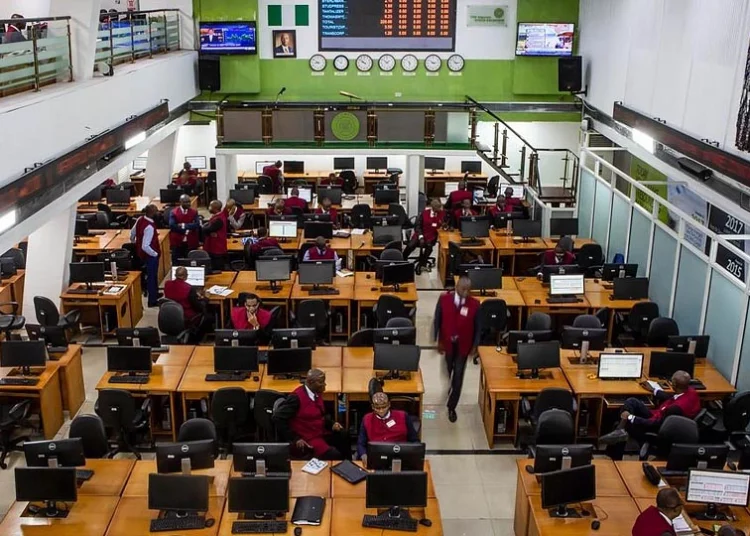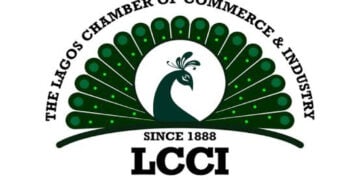The Securities and Exchange Commission (SEC) has stressed the need for a vibrant capital market in achieving the federal government’s $1 trillion economy target.
The director-general of SEC, Dr Emomotimi Agama, said this at the 2024 SEC Journalists Academy, with the theme: ‘The Role of the Capital Market in Driving Nigeria’s $1 trillion Economy’ held yesterday in Lagos.
Agama said, the journey demands collective effort from policymakers ensuring an enabling environment, to businesses leveraging market opportunities and, importantly, to journalists who communicate the market’s value to the broader public.
“Achieving a N1 trillion economy is not merely an aspirational goal; it is a necessity for the prosperity and resilience of Nigeria. The capital market, as the financial backbone of our economy, is poised to drive this transformation,” Agama said.
He, however, said that limited investor participation, regulatory bottlenecks and macroeconomic uncertainties was constraining the capital market’s full potential to achieve a one trillion economy. He said, the challenges must be addressed to achieve the full potential of the capital market in the one trillion dollar economy.
Agama said the capital market in spite of these challenges had helped in the development of the nation’s economy. He noted that the federal government had raised significant capital by issuing six Sukuk to fund road projects across the six geo-political zones.
Agama explained that a significant pathway to economic transformation lies in financing critical national projects, especially in infrastructure.
“Nigeria has already demonstrated how the capital market can fund these needs through innovative instruments like sovereign bonds and a number of Sukuk,” he said.
The SEC DG said this innovative funding approach reduced the reliance on external borrowing while driving job creation, improved logistics, and regional integration.
“The issuance of green bonds has further cemented the role of the capital market in supporting Nigeria’s transition to a low-carbon economy, addressing both infrastructure and environmental sustainability,” he said.
He added that the listing of firms such as Dangote Cement and BUA Group underscores how the capital market supports industrial growth and job creation.
He noted that the rise of the retail bond market had enabled ordinary Nigerians to participate in the nation’s economic growth, saying, “the federal government introduced the Savings Bond in a bid to expand the retail investor base in the bond markets and this has been well received by investors in recent times.
“The introduction of fintech platforms has further simplified access to investment opportunities, driving financial literacy and inclusion. Today, numerous retail investors actively participate in the Nigerian capital market and we are committed to growing this participation.”
Agama urged journalists, as custodians of public knowledge, to amplify the capital market’s impact by shaping narratives that would inspire trust and participation.





